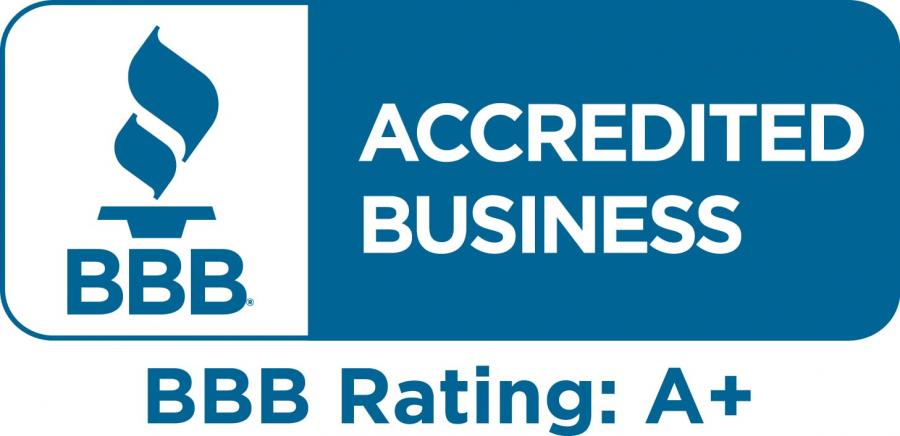When planning a move within the same state, you’ll likely hear the terms “local moving” and “intrastate moving.” While they may sound similar, they refer to two distinct types of relocations, and understanding the difference can help you choose the exemplary moving service, stay compliant with regulations, and avoid surprise costs.
Whether relocating down the street or across the state, knowing how your move is classified can make a big difference in pricing, logistics, and licensing. This article breaks down the key differences and what each type of move typically involves.
Definition: Local vs. Intrastate Moving
Understanding the basic definitions is the first step in choosing the right mover.
- Local moving services typically cover 50 miles or less. These moves usually happen within the same city or metro area and can often be completed in one day.
- Intrastate moves occur within the same state but go beyond 50–100 miles:
This includes moves from one end of a state to the other, such as from San Diego to Sacramento or Miami to Tallahassee. - Licensing and moving regulations vary by move type: Local movers may only need a state license, while intrastate movers are often regulated more strictly depending on state rules.
Pricing Differences and Cost Factors
How your move is classified significantly impacts how you’re billed.
- Local movers typically charge by the hour. Expect rates to depend on the number of movers and the truck’s size. The more time your move takes, the more you’ll pay.
- Intrastate moves are usually priced by weight and distance. These moves often include flat-rate estimates considering how far you’re going and how much you’re moving.
- Fuel charges and travel time affect intrastate move costs. Because of the distance involved, longer in-state moves may include travel fees or overnight charges.
Planning and Logistics
The type of move you’re making will influence how you prepare.
- Local moves require less lead time: If you’re staying nearby, you may only need a few weeks to schedule and prepare for your move.
- Intrastate moves require more detailed planning: Cross-state moves can take longer to coordinate and often require detailed inventories, moving permits, or scheduling considerations.
- Packing needs vary with distance: For longer in-state moves, items should be packed more securely, often with the help of professional packing services, to handle extended transport time and road vibrations.
Service Options and Availability
Different move types come with other service offerings.
- Local movers may not offer long-distance capabilities: Some companies focus only on short-range moves and may not be equipped for longer hauls.
- Intrastate movers often offer more comprehensive services, including full-service packing, furniture disassembly, overnight storage, and GPS shipment tracking.
- Same-day moving is typically only available for local moves. Due to travel time, intrastate moves often take at least one full day or require an overnight stay.
Regulations and Insurance
Knowing what protections you have is essential, especially for longer moves.
- Insurance coverage may differ between move types: Local moves may come with fundamental valuation, while intrastate moves often require more formal coverage options.
- State regulations determine mover requirements: In many states, intrastate movers must obtain additional licensing, secure a moving permit, and follow consumer protection laws not required for local movers.
- Written estimates are more common for intrastate moves: Because of the cost and complexity, movers often provide detailed quotes outlining services and responsibilities.
While local and intrastate moves occur within state lines, there are significant differences in distance, pricing, logistics, and service level. Understanding these distinctions ensures you hire the right movers, receive fair pricing, and avoid unexpected delays or costs.
Whether you’re moving around the corner or across the state, being informed helps you plan a smooth, efficient relocation experience. Always clarify your move type with your mover early on, and don’t hesitate to ask for detailed quotes and licensing info before booking.




![[GetPaidStock.com]-683516fd737f8](https://movingproinc.com/wp-content/uploads/2025/05/GetPaidStock.com-683516fd737f8.jpg)
Write a Comment